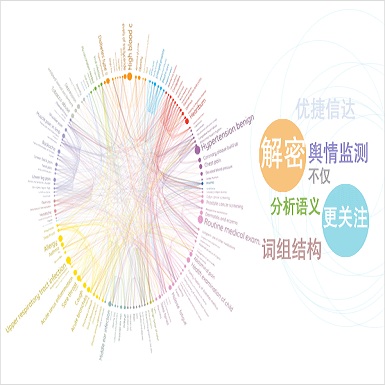Assurance cases offer a structured way to present arguments and evidence for certification of systems where safety and security are critical. However, creating and evaluating these assurance cases can be complex and challenging, even for systems of moderate complexity. Therefore, there is a growing need to develop new automation methods for these tasks. While most existing assurance case tools focus on automating structural aspects, they lack the ability to fully assess the semantic coherence and correctness of the assurance arguments. In prior work, we introduced the Assurance 2.0 framework that prioritizes the reasoning process, evidence utilization, and explicit delineation of counter-claims (defeaters) and counter-evidence. In this paper, we present our approach to enhancing Assurance 2.0 with semantic rule-based analysis capabilities using common-sense reasoning and answer set programming solvers, specifically s(CASP). By employing these analysis techniques, we examine the unique semantic aspects of assurance cases, such as logical consistency, adequacy, indefeasibility, etc. The application of these analyses provides both system developers and evaluators with increased confidence about the assurance case.
翻译:暂无翻译



